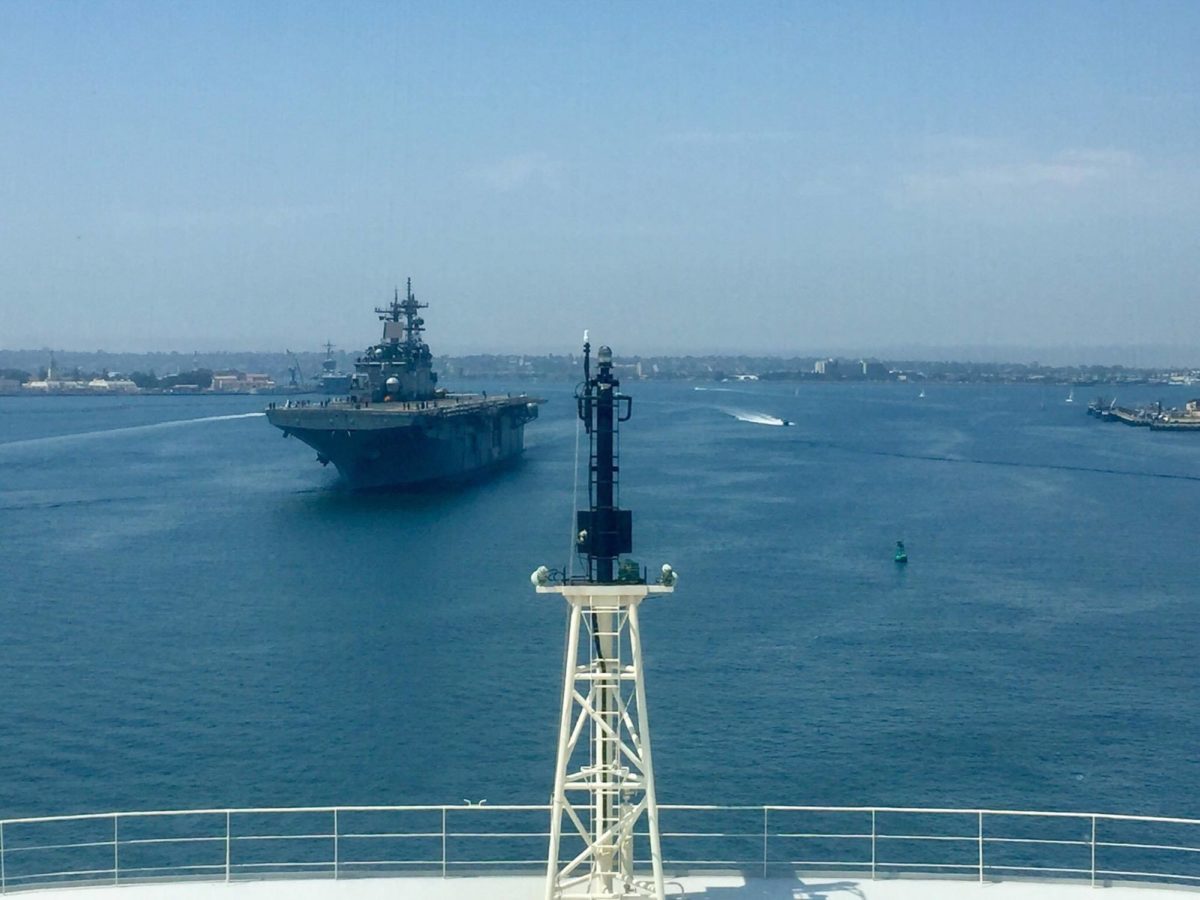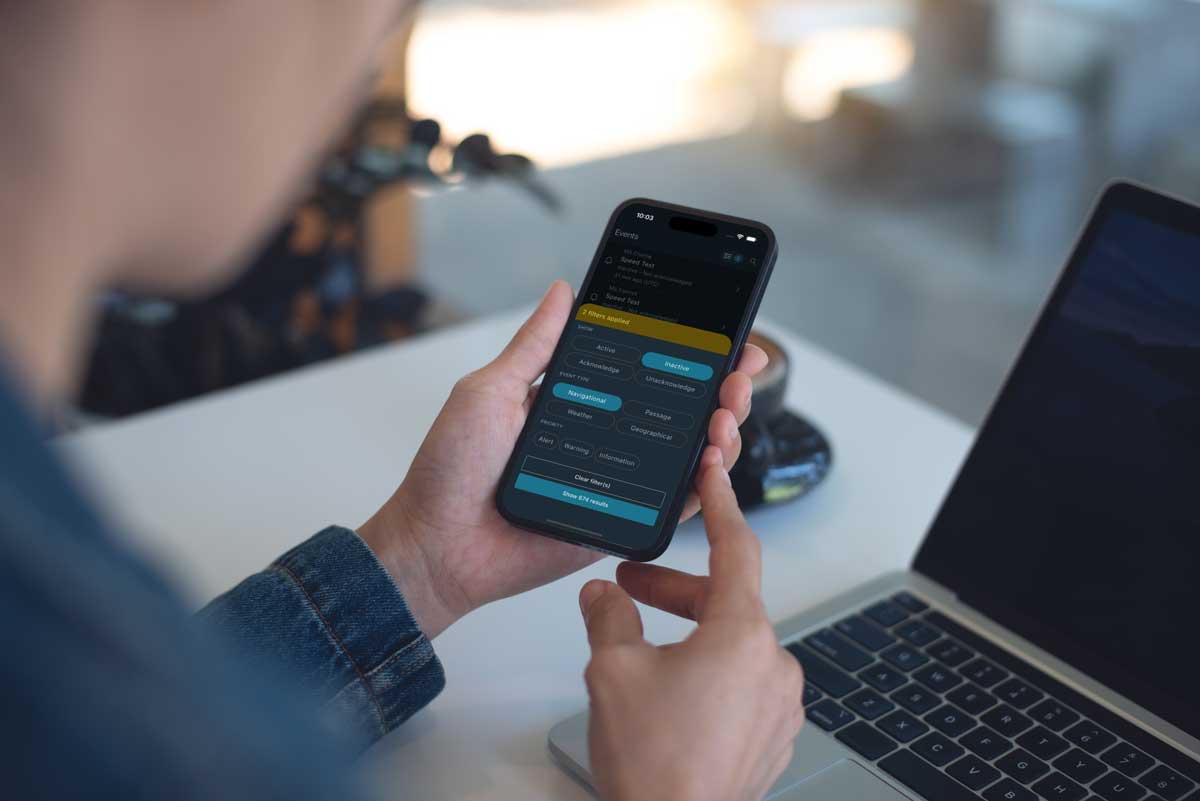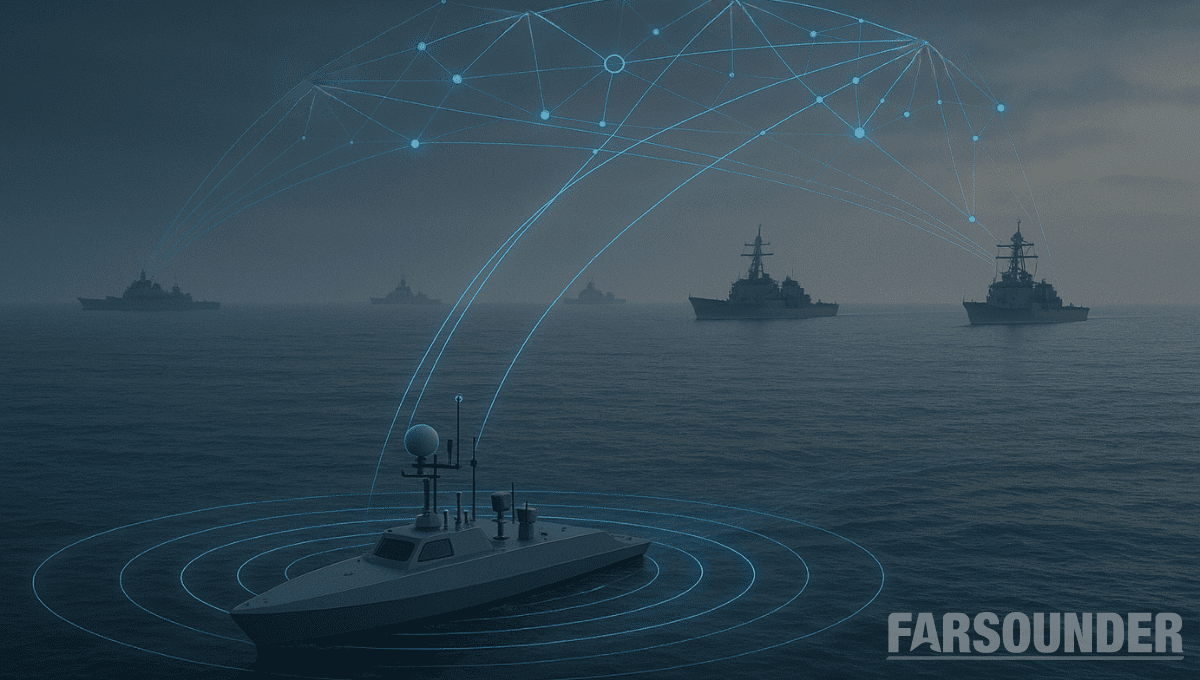
It seldom occurs to surface warriors to consider how they are viewed by U.S. civilian merchant mariners, despite almost constant interactions. In light of recent events in the Seventh Fleet, I spoke to Captain John Konrad, a civilian mariner who is licensed to master ships of unlimited tonnage. His perspectives are instructive and worth serious consideration.
Coming across a warship at sea can be challenging. No one can easily divine a warship’s intentions. Is this a point-to-point transit or an operation that will result in sudden and unpredictable course and speed changes? In addition, because merchant ships typically only have one lookout charged with many responsibilities, a warship’s small changes in course may not be noticed for some time, and changes in speed not at all.
Normally it is not a problem when two merchant ships meet at sea, because they are relatively slow and predictable in their behaviors, and when they steer to avoid another ship they make it a point to be obvious, almost over- steering. From the perspective of a merchant mariner, however, it often seems as if warships prefer multiple, small, dificult-to-discern course and speed changes, especially in restricted waters. It is safer, and more compliant with the International Regulations for Preventing Collisions at Sea (ColRegs), for a warship to clearly signal intent with early and bold course changes.
Conversely, Navy ships often are unnecessarily rigid in their adherence to ColRegs. They hold fast to rules such as “stand on vessel”—the privileged ship with regard to right of way—and sometimes will maintain course and speed until in extremis. ColRegs do not apply until a risk of collision exists. U.S. merchant mariners try to give one another a wide berth well before a risk develops. A slight, forehanded change, executed before ColRegs become an issue, may obviate dificult decisions later.
Navy ships should take advantage of direct communication. Think ahead. Speak plainly and with assurance. Many junior naval officers are not confident on bridge-to-bridge radio transmissions. Merchants pick up a lot from the tone of voice on the radio. What they want to hear is “Motor Vessel Patriot, we are coming right to 092. Meet you on one whistle, over,” in a “command voice.” Doubt, uncertainty, and delays that cause an officer to transmit dated information create confusion. Develop a template. Practice.
Do not expect civilian mariners to understand Navy jargon. Be clear in your communications. Compare the following two Navy security calls:
- “This is USS Virgo conducting mine clearance at latitude X, longitude Y. Request all concerned shipping remain clear of the battle group.”
- “This is warship 52, located approximately ten miles west of Point Magu,conducting mine-clearing training with warships 23 and 61. Request all vessels maintain at least a half-mile closest point of approach at all times because our course and speed will be variable.” While a merchant mariner likely can see your hull number, he likely will not be able to see your name well, if at all. So always use your hull number for radio communications and in the automatic identification system (AIS). This clarity becomes increasingly important as risk is increased by heavy traffic or lower visibility. Even at the risk of compromising operational security, it is essential that you avoid confusion.
“The biggest problem,” Captain Konrad explained, “is we work closely with and around Navy ships every day, but we don’t know you. I knew which ship pilots liked turning early and which turned late. I knew the capabilities of the tugboats and which tugboat captains were cranky in the morning, and which tow boat captains liked to extend the length of their tow and where. But we don’t know anything about you: Who the good captains are; which ones are new; which ones like to use the center of the channel. And neither merchant guys nor Navy guys seem to realize the one thing I try to shout loudly and often: We, at least those of us who are Americans, are on the same team.”
Did you like this article? Want to read more in Proceedings each month? Join the U.S. Naval Institute today! Special holiday discounts going on now.

 Join The Club
Join The Club











